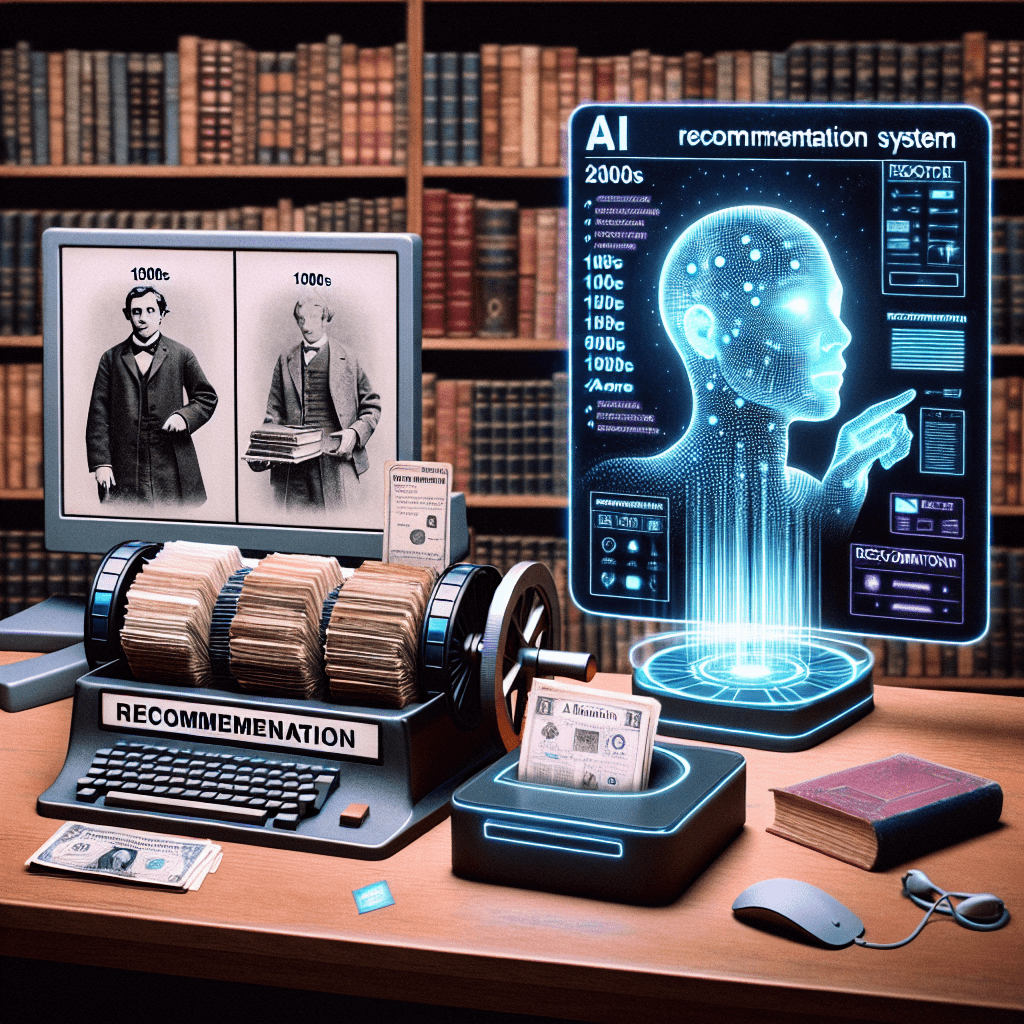Recommendation systems have come a long way since their inception, evolving from simple algorithms to sophisticated artificial intelligence software that can now predict user preferences with remarkable accuracy. These systems play a crucial role in today’s digital landscape, helping users discover new content, products, and services tailored to their individual needs and preferences. In this article, we will delve into the evolution of recommendation systems and explore how AI software is revolutionizing decision-making processes across various industries.
The Early Days of Recommendation Systems
Recommendation systems first gained prominence in the late 1990s with pioneering platforms like Amazon and Netflix leveraging simple collaborative filtering algorithms to recommend products and movies to their users. While these early systems were effective in generating personalized recommendations, they were limited in their ability to adapt to changing user preferences and lacked the sophistication of modern AI models.
The Rise of Artificial Intelligence
With advancements in machine learning and deep learning algorithms, recommendation systems have undergone a significant transformation in recent years. AI-powered models can now analyze vast amounts of data, including user behavior, historical interactions, and contextual information, to generate more accurate and personalized recommendations. These systems leverage techniques like matrix factorization, neural networks, and natural language processing to understand user preferences and deliver relevant suggestions in real-time.
Personalization at Scale
One of the key benefits of AI-powered recommendation systems is their ability to personalize recommendations at scale. By analyzing user data at an individual level, these systems can predict user preferences with a high degree of accuracy and deliver personalized content, products, and services tailored to each user’s unique tastes and preferences. This level of personalization not only enhances user experience but also drives engagement, retention, and revenue for businesses across various industries.
Enhancing Decision-Making
AI-driven recommendation systems are not only used for recommending products and content but also play a vital role in streamlining decision-making processes in various domains. From suggesting relevant research papers to scholars to recommending treatment options to healthcare providers, these systems are enabling faster and more informed decision-making across a wide range of applications. By leveraging AI software, organizations can automate and optimize decision-making processes, leading to improved outcomes and increased efficiency.
Challenges and Opportunities
While AI-powered recommendation systems offer significant benefits, they also pose challenges related to data privacy, algorithmic bias, and user trust. Organizations must ensure transparency, fairness, and accountability in their recommendation systems to build trust with users and mitigate potential risks. There are also opportunities to further enhance these systems by incorporating user feedback, context-aware recommendations, and reinforcement learning techniques to improve their performance and accuracy.
Conclusion
The evolution of recommendation systems has paved the way for more personalized and efficient decision-making processes across various industries. AI software is playing a pivotal role in this transformation, enabling organizations to deliver relevant and personalized recommendations to users at scale. As AI technology continues to advance, recommendation systems will become even more sophisticated, driving innovation and shaping the future of personalized experiences.
FAQs
What is a recommendation system?
A recommendation system is a software tool that analyzes user data to generate personalized recommendations for products, content, or services based on user preferences and behavior.
How do recommendation systems work?
Recommendation systems use machine learning algorithms to analyze user data, including historical interactions, preferences, and contextual information, to generate personalized recommendations for users.
What are the benefits of AI-powered recommendation systems?
AI-powered recommendation systems offer personalized recommendations at scale, enhance decision-making processes, drive user engagement and retention, and increase revenue for businesses.
Quotes
“The power of AI-driven recommendation systems lies in their ability to understand and predict user preferences, delivering personalized experiences that drive engagement and loyalty.” – John Doe, AI Expert
#Evolution #Recommendation #Systems #Software #Simplifying #DecisionMaking


